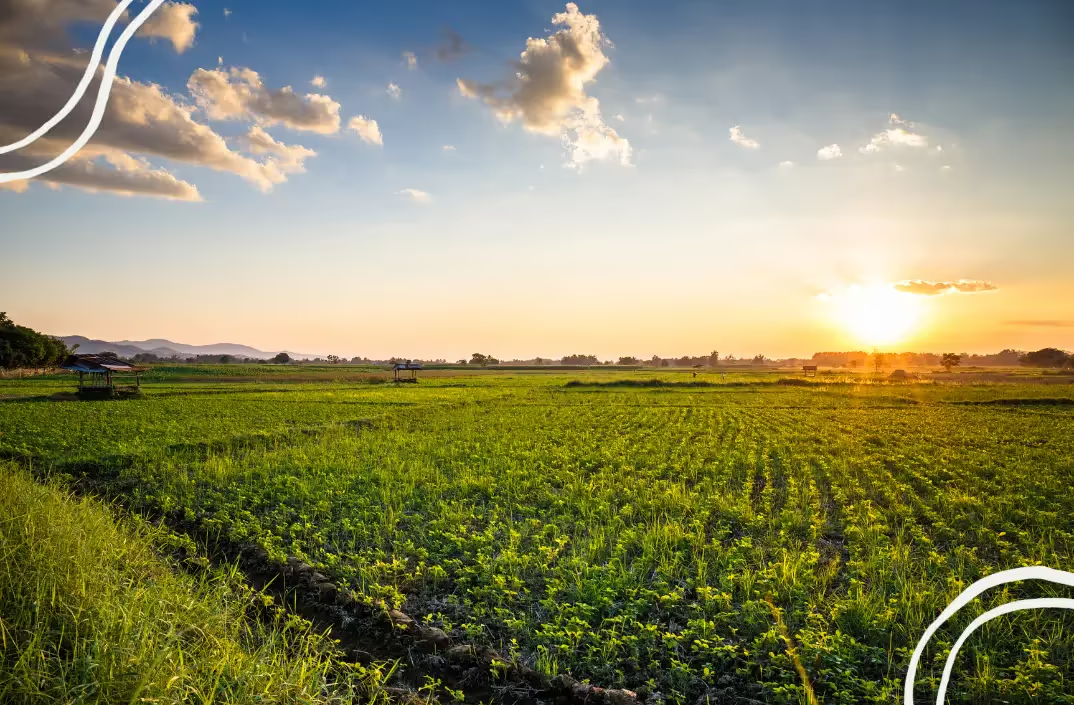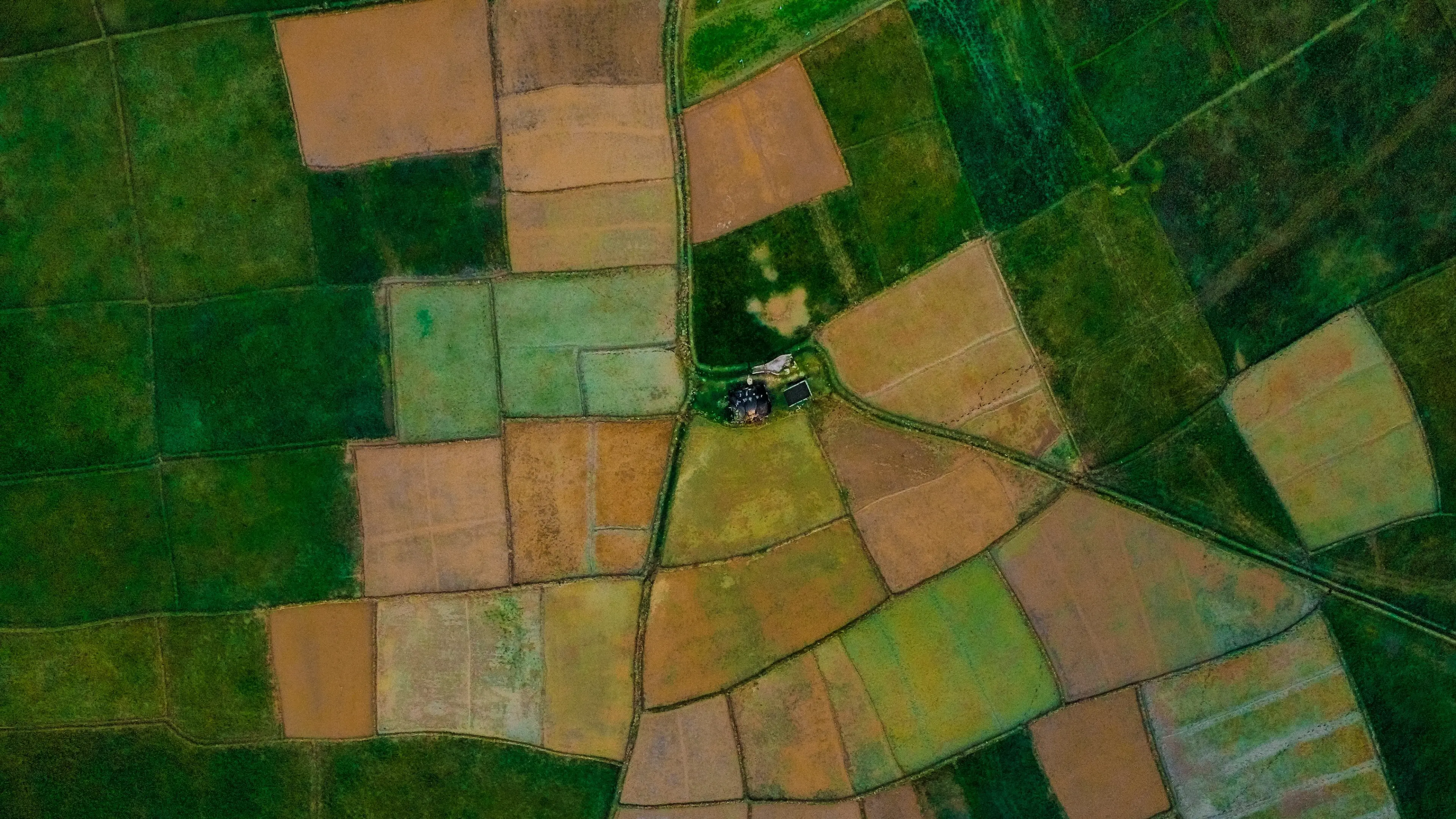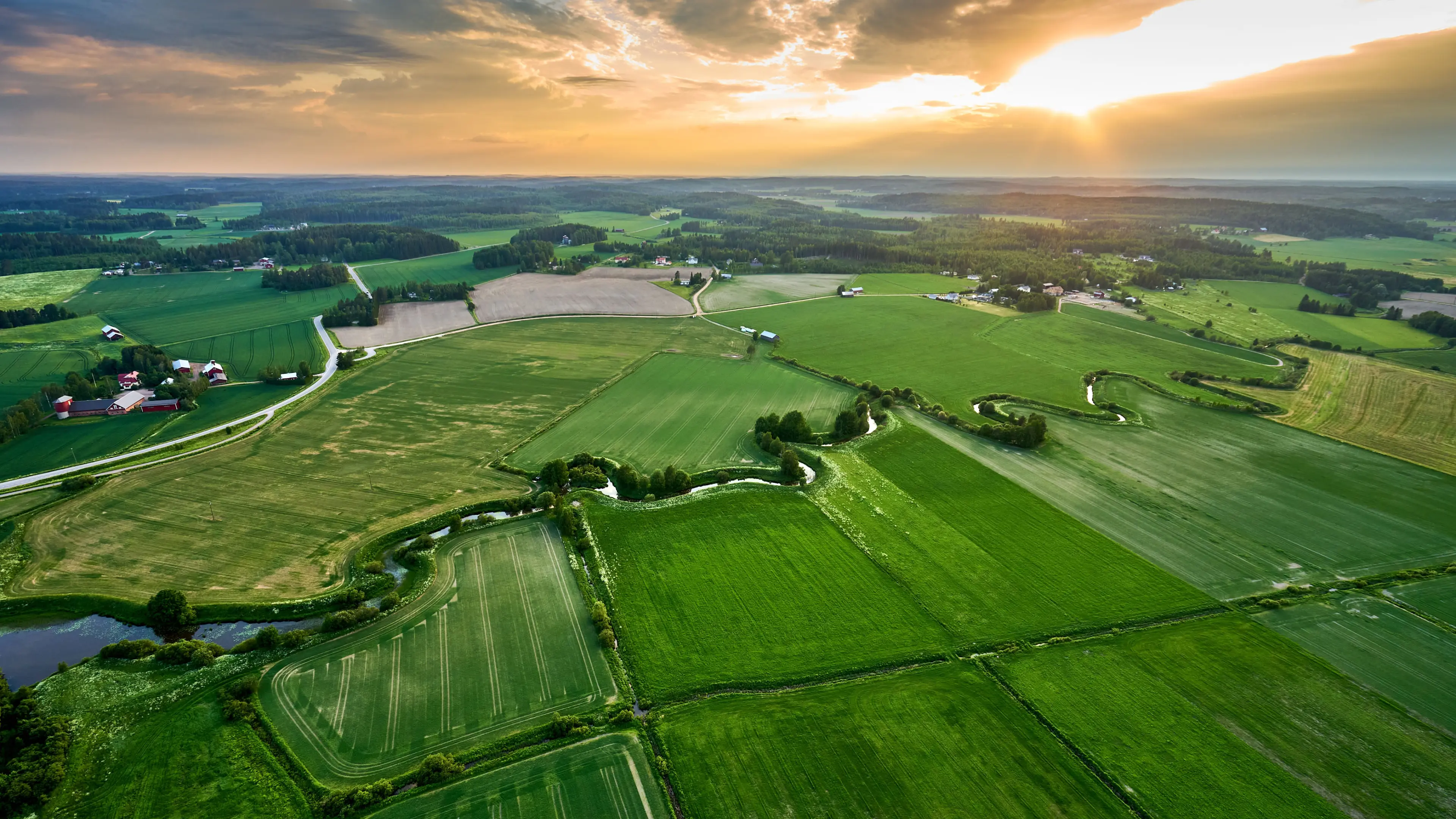The Intergovernmental Panel on Climate Change is scheduled to release its Synthesis Report Of The IPCC Sixth Assessment Report (AR6) in the coming weeks. The report, a collaboration integrating the main findings of AR6 with contributions from IPCC’s working groups and special reports, discusses our current knowledge of climate change, its impacts and risks, and strategies for mitigation in the coming years.
In preparation of this release, the organization has distributed a report summary for policymakers. This document states clearly, “Human activities, principally through emissions of greenhouse gasses, have unequivocally caused global warming, with global surface temperature reaching 1.1°C above 1850–1900 in 2011–2020. Global greenhouse gas emissions have continued to increase, with unequal historical and ongoing contributions arising from unsustainable energy use, land use and land-use change, lifestyles and patterns of consumption and production across regions, between and within countries, and among individuals.”
The report makes clear that we aren’t doing enough to mitigate climate change, and that we are in imminent danger of surpassing the warming threshold outlined in the Paris Climate Agreement:
“In the near term [2030-2035], global warming is more likely than not to reach 1.5°C even under the very low GHG emission scenario…and likely or very likely to exceed 1.5°C under higher emissions scenarios.”
What does this mean for us? It means that we need to keep progressing in our efforts to mitigate climate change. It means that every effort counts; every bit of progress leads us closer to minimizing damage and increasing the overall health of this planet.
What does this mean for agriculture? It means we have opportunities ahead of us, for our land holds significant potential for GHG emissions reduction and climate change mitigation. Every 0.1C matters. Every ton of CO2 removed matters. Every acre matters.
The Role of Agriculture in Climate Change Mitigation
According to this report, agriculture is a contributing factor to our climate burden. In 2019, about 22% of net anthropogenic GHG emissions came from the agriculture, forestry and other land use (AFOLU) sector. But within the AFOLU sector, there are ample opportunities to build adaptation and mitigation projects with benefits that could be scaled up in the near-term across most regions globally.
The window to increase our investment in agriculture-based mitigation strategies in order to meet our climate goals is now. This is why it’s important to progress our action in emissions avoidance, reduction and sequestration, and why it’s essential to invest in the science behind the strategies we know can have an impact.
What else can we do to support the efforts of agriculture in mitigating climate change?
We can support the climate-positive trends we’re seeing in the agricultural and agrifood sectors. We can also support guidelines and legislation, which are providing a roadmap for change.
Agriculture has room for improvement in GHG emissions reduction, avoidance, and sequestration — but at Regrow, we believe we’re on the right track. By increasing our investment and support for climate-related science, conservation programs, policy and legislation, we can scale our impact and mitigate climate change.
Climate Change MItigation Increases Agricultural Resilience
By investing in climate change mitigation, we are also investing in the future of agriculture. According to the report, economic damages from climate change have been detected in climate-exposed sectors, such as agriculture (a notion supported by NASA research, which claimed in March 2022 that climate change will affect agricultural production worldwide, and that average global crop yields for maize, or corn, may see a decrease of 24% by the end of the century.) However, implementing climate-friendly agricultural practices, such as regenerative practices, can increase both crop resilience and agribusiness resilience. What’s more, current science and technology can help us in that effort.
By taking the goals of the Paris Climate Agreement and the assessments of the IPCC seriously, we can make an impact on our global health, as well as the health of each of our agricultural fields.
Ultimately, the IPCC’s recent report summary has offered a status of climate change to date, and has given us a path to mitigating our impact on global warming. It’s become clear that scaling our work in regenerative agriculture has the potential to make a significant impact on the future of our food systems. We look forward to working together in support of this effort.



